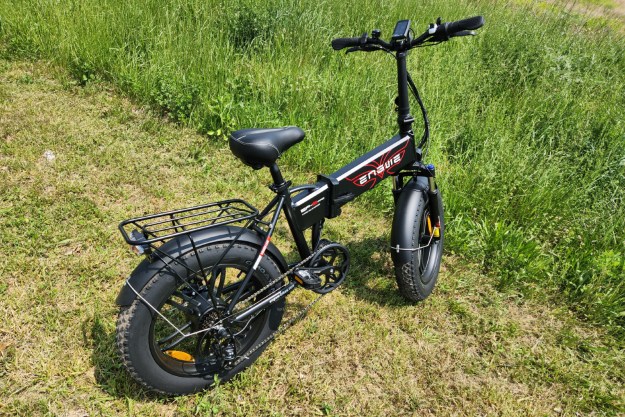Called Othermaterial, the temperature-responsive fabric pairs synthetic fibers such as nylon, polyester, and polyolefin, all commonly used by contemporary clothing manufacturers. The research into what Otherlab describes as “thermally adaptive materials” is funded by an award from ARPA-e, the Advanced Research Projects Agency under the Department of Energy (DOE).
The researchers paired materials that expand at different rates when the temperature changes. When the outer material layers lengthen dramatically more than the inner layer material, for example, greater space opens up between the layers to serve as a thermal insulating area. This juxtaposition of materials with significantly different thermal reactions requires no action or reaction by the person wearing the clothing.
If the day started off quite warm, you could head out in what looked like a conventional, if a bit heavier than usual T-shirt. If the temperature dropped 10, 20, or 30 degrees while you were out, the shirt fabric would expand, helping you stay comfortable without you having to do anything. At its maximum expansion, the insulating effect would be like that of a heavy outdoor jacket, according to Otherlab.
In addition to simplifying wardrobe decisions, the Otherlab team looks to this passive substitute for adding and removing clothing layers as a way to reduce energy consumption. According to Otherlab’s calculations, “By expanding heating and cooling control by two degrees Celsius (four degrees Fahrenheit), domestic energy consumption and related emissions can potentially be reduced by two percent.”
The current fabric design almost triples its insulation ability with a 15-degree Celius drop in temperature (27 degrees Fahrenheit). Coming up next? The team at Otherlab plans to manufacture sample clothing items within the next 12 months.



